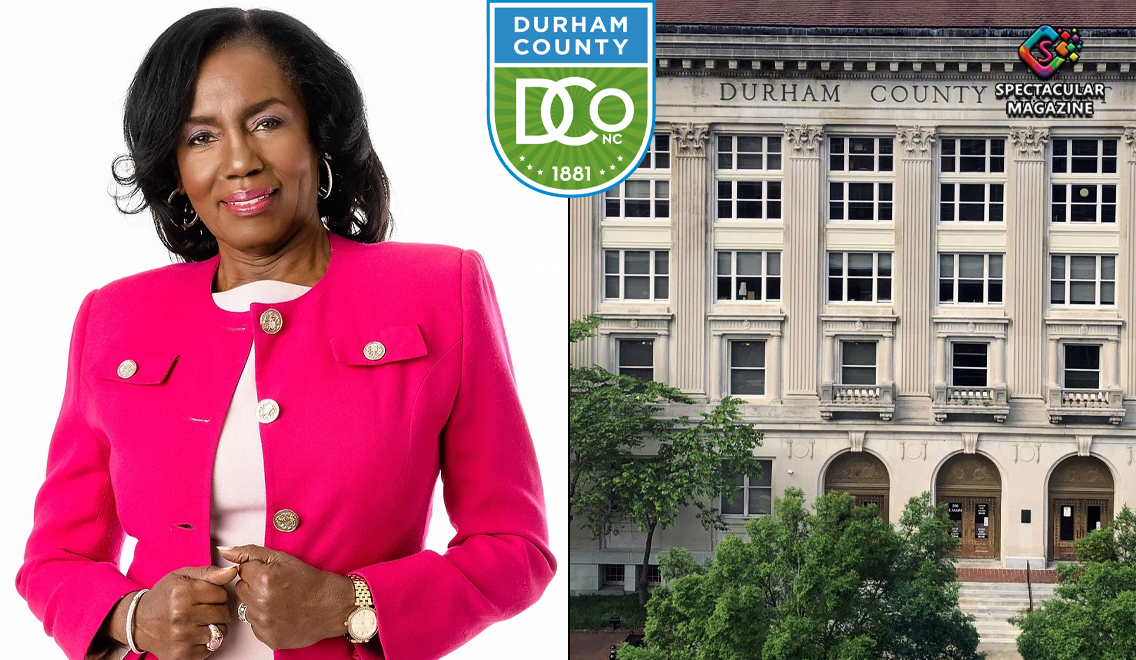[Op-Ed] Durham Commissioners’ Failed Chance To Assist Black, Low-Income Homeowners
Letter to the Editor by Brenda Howerton, Member – Durham County Board of Commissioners
Anyone acquainted with me knows that truth and integrity are really important values. What is not explained in this alternative narrative offered around racial equity and taxes in Durham County. Our Board of County Commissioners (BOCC) received legal advice that existing policies and/or laws present potential liabilities for Durham County (your tax dollars) and board members individually. As Commissioners, each of us makes a commitment to abide by laws and policies in our decision-making.
Certainly, I am the first willing to get into what the late Honorable John Lewis called “good trouble” to challenge the status quo, policies, and laws to ensure equity for everyone. However, we must do so by using common sense and effective strategies. We must continue the conversation about what is possible to support homeowners. However, placing Durham County’s residents in a vulnerable position of paying out on avoidable lawsuits was not the best decision for me to make.
I encourage you to watch the August 3 Board of County Commissioners’ meeting for yourself. (CLICK HERE) Actually, I implore you to catch up with all recent goings-on regarding this Board. What I have learned in my life and experiences is instead of listening to words, carefully watch what is done.
Below is statement from Commissioner Heidi Carter made via Facebook.
“At the August 3, 2020 BOCC work session, I urged that the board put racial equity front and center by approving a tax assistance grant (TAG) that would keep people in their homes and stabilize neighborhoods. The TAG would help homeowners who earn below 30% of the Area Median Income and have owned their homes for at least 10 years. Instead, the Board voted 3-2 for a 10-year tax deferral program that comes with high fees and interest.
Wendy Jacobs and I voted against the deferral approach in support of the TAG. We believe the rewards of the TAG far outweigh any risk that could potentially be associated with the program, legal or otherwise. We also heard the voices of hundreds of residents from a cross-section of backgrounds who contacted us in favor of the TAG.
The TAG program would provide immediate assistance with the urgent financial crisis of rising taxes and stagnant wages. And, more importantly, it would have provided critical wealth preservation. This program would have especially benefited Durham’s black homeowners in historically black neighborhoods that are being pushed out by forces of gentrification. This was our chance to help mitigate against these forces, promote the general welfare of our residents, foster mixed-income and -race neighborhoods and schools, and correct a longstanding structural inequity in our tax system and how we fund local government.
State by state, neighborhood by neighborhood, Black families pay 13% more in property taxes each year than a white family would in the same situation (based on a massive new data analysis, recently published in Washington Post). There is a gap in the assessed tax value compared to the market value of homes, and this property tax gap is highest in high minority neighborhoods. This is playing out in Durham, and the Tax Assistance Grant would have provided tremendous relief to our longtime, low-income homeowners.”
As an African American woman, I understand all too well about policies and laws that have prevented my full access to opportunities. Whatever the issue, instead of attempting to circumvent, let’s work together for change! We must shift the power in Raleigh. We must vote in November and during every local and national election as if our lives depend on it because it does. My comments are to give a broader perspective of this issue.

Brenda Howerton, Durham County Commissioner


